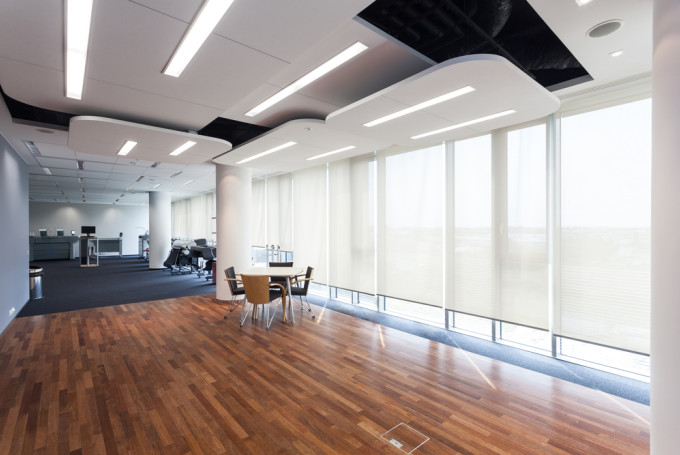If you own a small business or are looking to invest in commercial property then you may have thought about buying an office or retail premises. For a small business, the idea of your rent going towards a future investment seems a familiar principle, after all, most residential property tenants dream of doing the same. For the investor, it could be an easy way for unused equity or capital to provide good returns especially as businesses are usually tied into longer lease agreements than residential tenants.
But for both groups, there are different rewards and pitfalls as well as some universal truths to be adhered to. In this article, we'll explore the world of commercial property investment and look at some of the pros and cons of doing so.
COMPARING COMMERCIAL TO RESIDENTIAL
Owning a commercial property is quite different from owning a residential property for investment. For one, you don't have to worry about the incoming Healthy Homes legislation. As touched upon earlier you can expect longer leases from businesses as 3, 5 and 10 years are relatively commonplace. You can also pass on more costs to tenants with a commercial property; it's expected that the tenant pays OpEx, rates and some insurances whereas a residential property agreement will expect the landlord to cover similar outgoings.
Commercial properties do need to meet earthquake strengthening requirements, and this is done at the landlord's cost. So if you're looking to invest in a commercial property ensure this is done before you take on the property.
On the surface, it looks as though owning a commercial property is better. Your annual outgoings are likely to be fewer, the tenants committed for longer and the upkeep requirements less stringent if already met. So what are the downsides?
COSTS ARE HIGHER
For commercial property the costs to get started are often significantly higher. Half a million dollars could get you a very nice residential property but might not achieve desirable commercial premises. You will also need a bigger deposit. Commercial mortgages (whether for a residential property or office/retail space) typically require a 30% deposit, which can be tricky for many small businesses or investors to cough up.
TENANT RELIANCE
Your tenant may be your biggest liability in commercial property. Their business success will define whether you can enjoy a stable investment, or own a black hole. If you're owning a small commercial property, with only one lease, you need to ensure that the business taking the lease has a viable business plan and is likely to stay afloat for the duration of their lease. If you're lucky enough to purchase premises with multiple occupancies then you are reducing or diversifying your risk, which is good.
Some industries are higher risk than others and you can get a good benchmark on which commercial property types are struggling to find tenants, and which have a depth of options. If your high street has several unoccupied retail premises then maybe steer clear of making that your first foray in commercial real estate.
MITIGATING COMMERCIAL MORTGAGE RISK
If you're a small business owner with the equity or capital to invest in commercial property then you may have a willing and able tenant already - you!
You may be putting all your investment eggs in one basket but you're also the captain of your own ship and able to steer your business to a level of success where the rent is affordable and the mortgage repayments are covered.
For the first-time investor, you may be in a position where a couple of months of missed rent is not a financial issue. In which case there is a smaller risk profile in managing commercial property for you. If that's not a safe risk then residential property investment may be a safer bet as there is significant demand for housing rentals, to a point where demand is far surpassing supply.
So here are our top 5 reasons why investing in an office is often better than renting one:
- Your monthly rent is growing your wealth.
- You control the risk of your investment.
- You could be a low-needs tenant.
- You could easily update the space to suit your business.
- Possible tax advantages and cost write-offs.
If you're investigating commercial property investment for your business for tax benefits then you should first consult your accountant. They are always a good port of call for any major financial decisions and can steer you in the right direction before you make any major decisions.
If you're interested in commercial property investment but aren't sure on the next steps or what you could afford, book a free consultation with one of our friendly advisors who will be able to guide you through the process and the things you'll need to consider.
